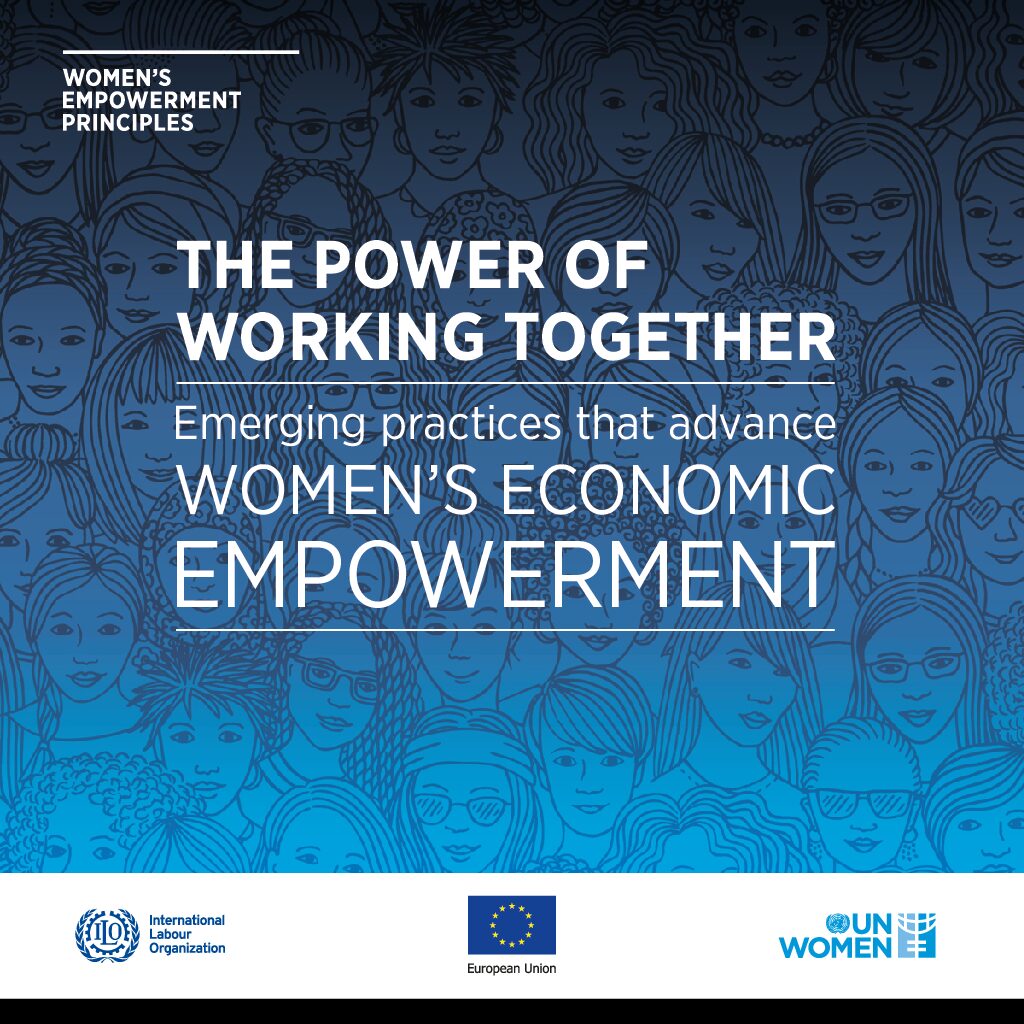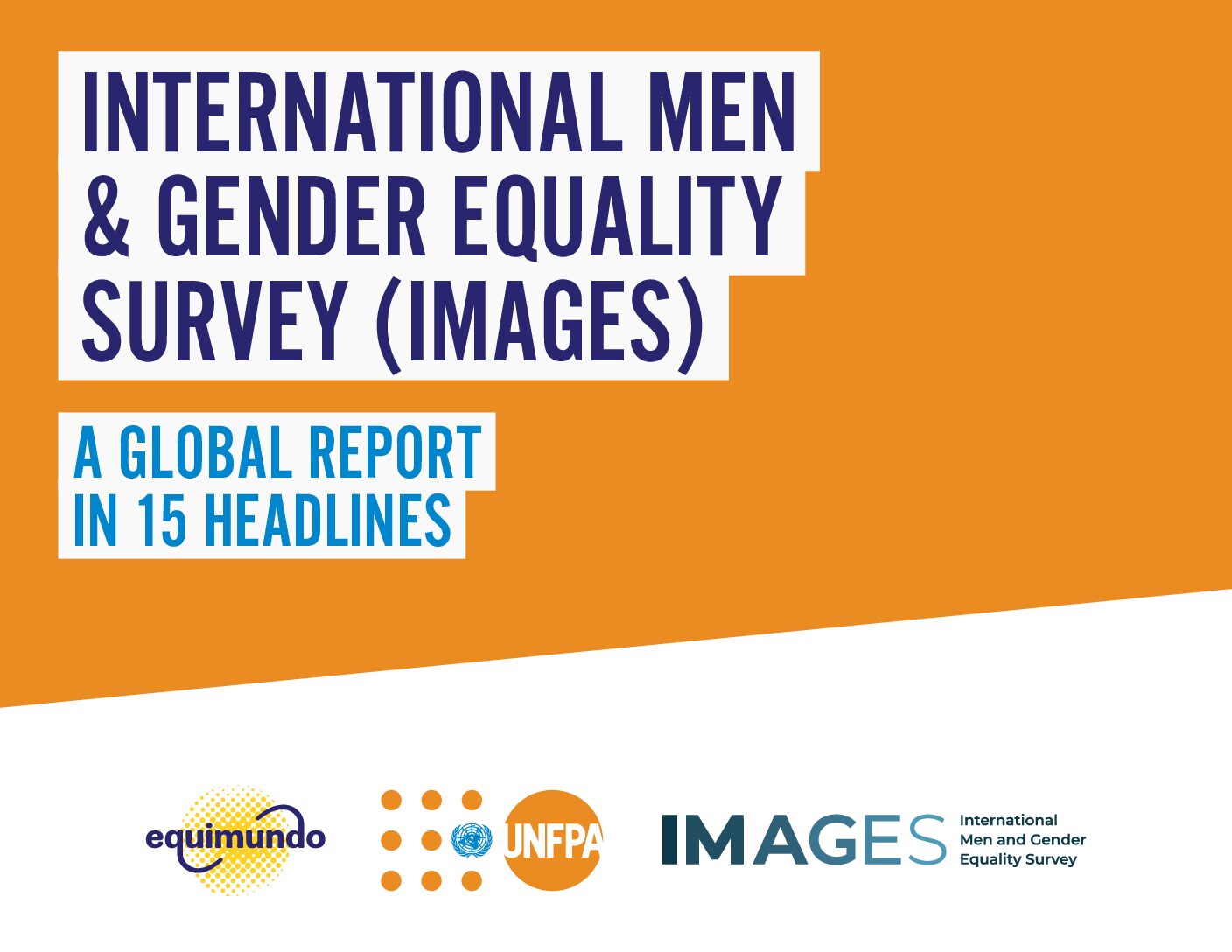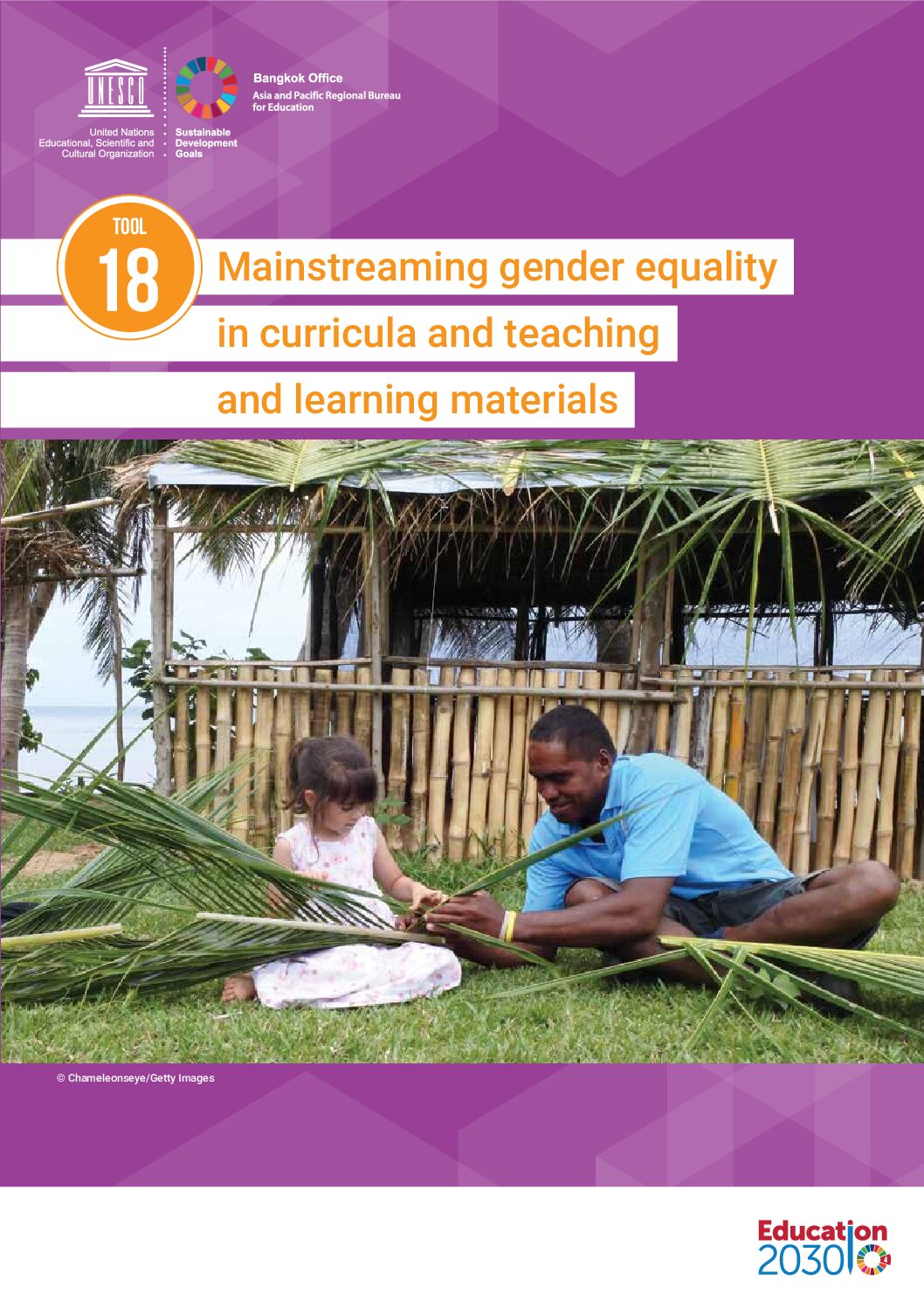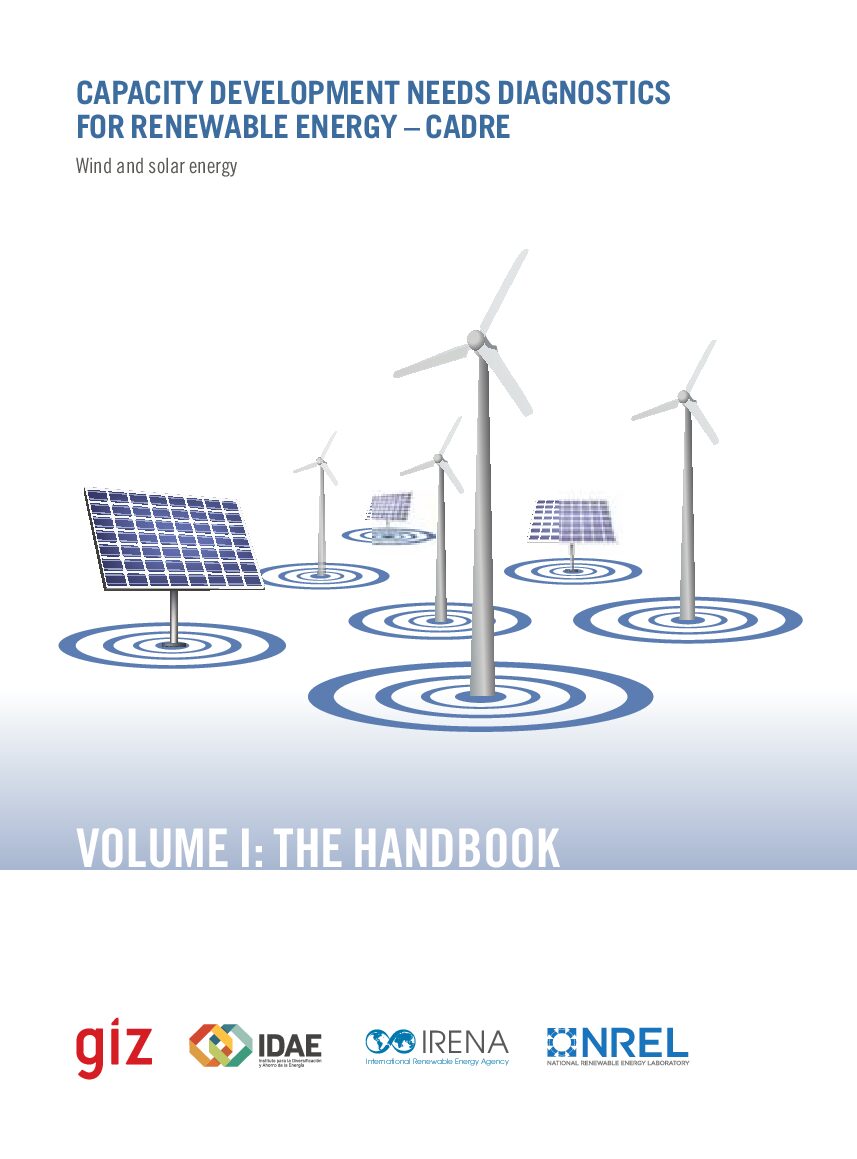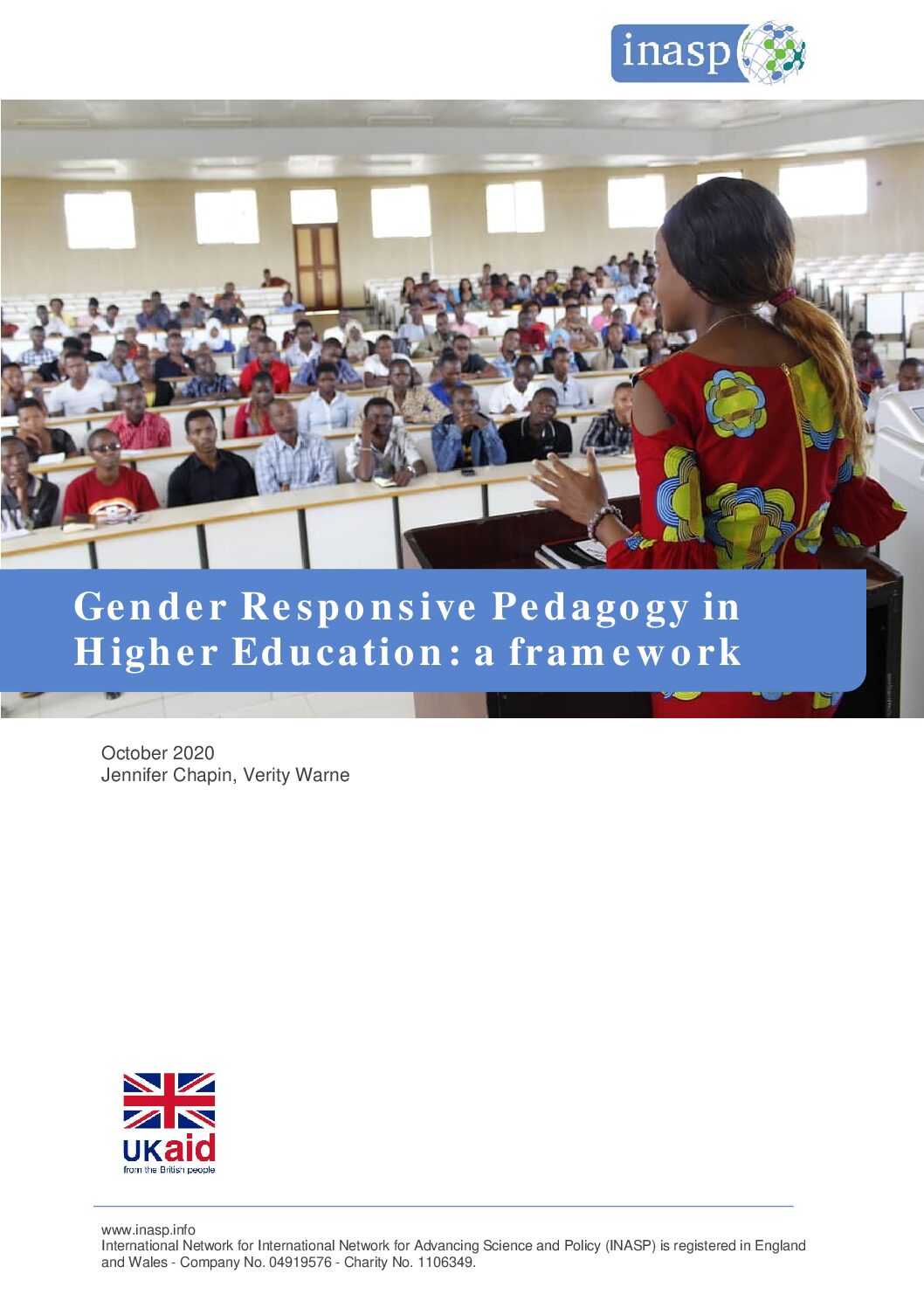This report shares good practices in advancing women’s economic empowerment in the workplace, the marketplace and the community.
This report provides extensive data and analysis on men and women’s views on gender equality in 32 countries around the world, including Uganda and Bolivia.
The Global Innovation Hub aims to promote transformative innovations for a low-emission and climate-resilient future.
This checklist helps organisations assess whether their written curriculums, delivery of learning, assessments, support services and evaluation frameworks are gender-responsive.
This toolkit provides advice on how to assess capacity needs for the implementation of the Paris Agreement, and provides good practice examples and further resources.
This tool helps governments and universities ensure that gender equality is mainstreamed in national curricula
The CaDRE methodology helps policy makers, organisations and capacity development/renewable energy practitioners shape an environment conducive to the development of renewable energy.
The CaDRE methodology helps policy makers, organisations and capacity development/renewable energy practitioners shape an environment conducive to the development of renewable energy.
This is a methodology for a quick learning needs assessment in the form of a list of questions.
This report describes an approach to gender-responsive pedagogy by working with faculty in higher education to build an awareness of gendered stereotypes and biases in their teaching and learning, and, from there, explore new practices.

